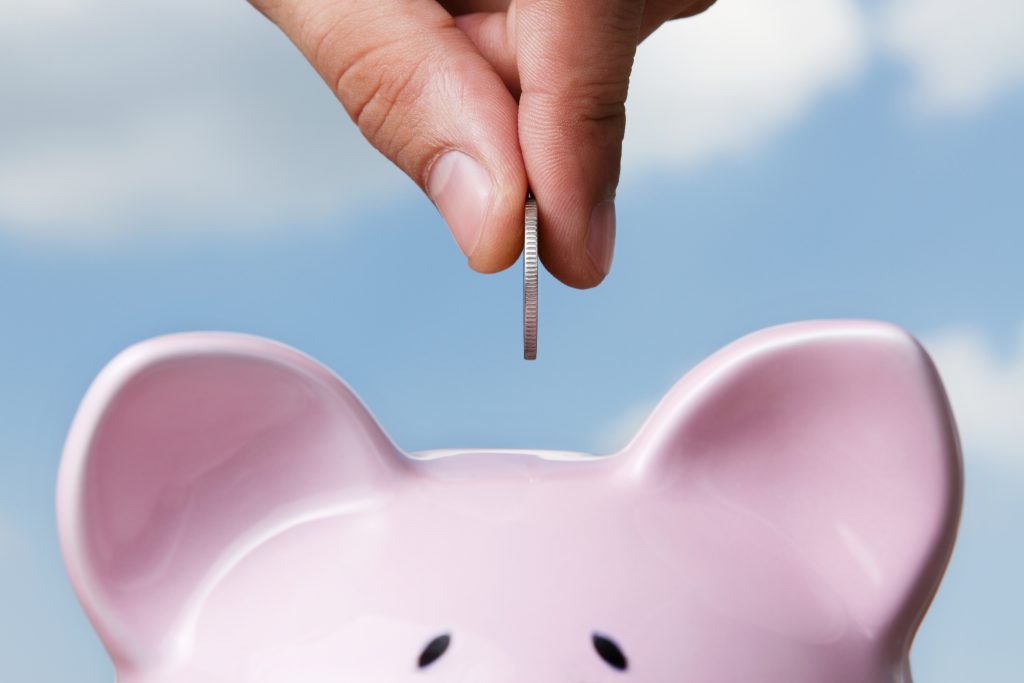Tomorrow, Mayor Bowser releases her long-awaited budget proposal for the coming fiscal year as well as her plan for spending American Rescue Plan (ARP) dollars allocated to the District. While local revenue estimates through fiscal year 2024 have improved, they remain more than $2 billion below pre-pandemic projections. With nearly $2.3 billion in flexible federal funds, $107 million in capital funds, and at least $950 million in targeted dollars—for education, child care, cash assistance, and other needs—DC lawmakers have a historic opportunity to repair the damage done by the COVID-19 crisis, especially for Black and brown residents, who have borne the brunt of the harm. The budget can provide relief for the thousands of residents facing eviction and experiencing homelessness, students who have fallen behind, workers left out of relief measures, residents struggling with food insecurity, and child care facilities at risk of closing forever, among other crucial investments.
To meet the moment and achieve a just future, here’s what we hope the Mayor’s budget will do:
1. Tackle Homelessness and the Effects of Historic Racism on Housing Disparities
Housing is healthcare and economic security. The connection between housing and health has been made even more evident during the pandemic—a time at which staying healthy has required staying at home. Access to stable housing is critical to preventing homelessness, reducing poverty, and putting individuals, families, and communities on stronger footing.
DC has an unprecedented opportunity to repair the racially disparate harms of the pandemic and resulting recession that exacerbated the city’s longstanding housing and homelessness crises by: leveraging federal dollars to offer vouchers and permanent supportive housing, building more housing that’s affordable to the lowest income DC residents, and repairing dilapidated public housing. The Mayor announced Monday her call for a sizable investment in the Housing Production Trust Fund and Local Rent Supplement Program in the current fiscal year and next that allows for 2700 new units in the coming years.
2. Save the District’s Child Care Sector and Invest in Birth to Three
DC lawmakers should develop a multi-year approach to supporting a strong child care system and begin the work right away. As noted in our report on how to create a just recovery, the ARP and the December 2020 relief package provide a down payment for stabilizing and improving DC’s early child care and education systems. Federal funding can help DC go beyond just preserving our child care capacity to make bold systems changes, like raising wages for early childhood educators and, thereby, increasing access to high-quality early childhood education for families struggling on low incomes. Using these federal dollars on top of approving the Under 3 DC campaign’s request for $60 million in local funds is crucial to ensuring a strong child care sector and quality care for DC’s youngest children. The Office of the State Superintendent of Education could also use the federal funding to pay programs participating in the child care subsidy program based on child enrollment rather than attendance—an outdated practice that reduces funding for early learning programs when children are absent even as costs aren’t necessarily reduced.
3. Invest in the Educational and Mental Health and Well-Being of DC’s Students
The unequal effects of the pandemic on Black, brown, immigrant, and low-income children and families—like the exacerbation of the digital divide and housing, food, and economic instability—threaten to deepen DC’s already wide and persistent racial and economic disparities in student learning. And getting back to normal should not be the District’s goal given the deep disparity in educational outcomes for students by race. Now is the time to reimagine the city’s education system and usher in long-overdue structural changes that promote educational equity.
4. Support Excluded Workers for a More Inclusive Economic Recovery
In a letter to Mayor Bowser signed by DCFPI and 76 other organizations, we called for $200 million in cash assistance to support excluded workers, like those who are undocumented or in the informal labor market. The District should follow the lead of other states that used federal dollars to fund in part or full cash assistance for workers excluded from regular unemployment benefits and federal stimulus payments. This investment would provide $12,000 per person—equivalent to $1,000 per month for the first year of the pandemic—to the 13,000 workers who qualified for the first round of funding and 1,900 new excluded workers who have yet to receive cash assistance, plus support program administration.
5. Make DC’s Tax Code Truly Progressive and Fund the Future
DC needs a forward-looking tax and spending plan that addresses current hardship and initiates long-term investments in equity and a strong economy. A lack of investment after the Great Recession led to an incomplete recovery, with Black unemployment failing to recover after a decade of overall economic growth. Research shows that if DC were to eliminate income inequality in innovation, more than 5 times more children—likely from more diverse backgrounds—would grow up to be inventors and build our future economy. DC can raise taxes on wealthy residents to ensure more equitable access to opportunity and prosperity in the District.
For DC’s Black and brown communities, especially women of color and residents of Wards 7 and 8, the need for repair is severe. The harms of the pandemic come atop years of policies and practices that systematically disadvantaged them while privileging white residents in employment, education, and wealth building opportunities. This is a truly unprecedented opportunity for DC to “build back better” and put in place a local tax and spending plan that—alongside federal dollars—charts a course to the antiracist, equitable future that residents deserve.

